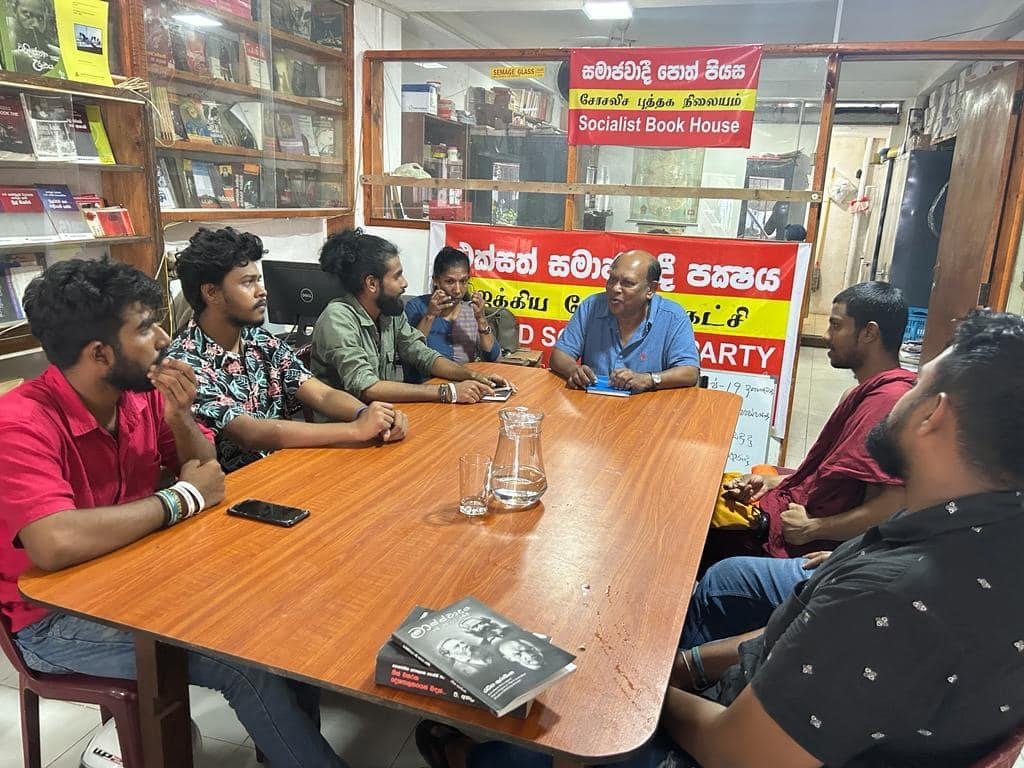
Socialism in Sri Lanka
Socialism in Sri Lanka has a complex history that has evolved over the decades, influenced by various political, social, and economic factors.
1. **Historical Context**: The roots of socialism in Sri Lanka can be traced back to the early 20th century, with the rise of socialist movements and the establishment of leftist parties. The Lanka Sama Samaja Party (LSSP), founded in 1935, was one of the first socialist parties in South Asia and played a significant role in the country’s political landscape.
2. **Post-Independence Era**: After gaining independence from British colonial rule in 1948, Sri Lanka saw a mix of capitalist and socialist policies. The government led by S.W.R.D. Bandaranaike introduced a series of socialist-oriented reforms, including nationalisation of key industries and land redistribution.
3. **Economic Policies**: Throughout the 1970s, under the United Front government, there was a stronger emphasis on socialism. The government nationalised major sectors, including banking, insurance, and trade. However, these policies faced criticism for leading to inefficiencies and economic challenges.
4. **Shift in Policies**: By the 1980s and 1990s, the Sri Lankan government began to shift towards a more market-oriented economy, particularly during the presidency of J.R. Jayewardene. This shift included liberalisation, privatisation, and deregulation, moving away from strict socialist policies.
5. **Contemporary Politics**: In recent years, political parties with socialist ideologies still exist, though they often have to navigate the complexities of a mixed economy. The leftist parties in Sri Lanka continue to advocate for social justice, workers’ rights, and equitable distribution of resources, but they face challenges from dominant capitalist policies.
6. **Current Issues**: The economic crisis in Sri Lanka, particularly in 2022, has reignited discussions about the role of socialism in addressing inequality and providing social safety nets. Debates continue over the balance between state intervention and free-market policies.
Overall, socialism in Sri Lanka has played a significant role in shaping the country’s political and economic landscape, reflecting the ongoing struggle to find a balance between equity and growth.






